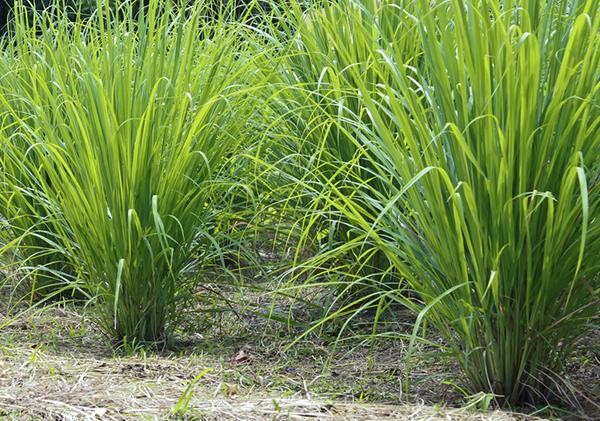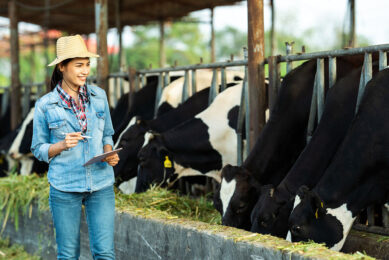Lemongrass and rosemary for dairy goats

Supplementation of lemongrass and rosemary in the diet of lactating Damascus goats has a positive effect on nutrient digestibility and milk yield, with positive ruminal fermentation.
This was concluded from a recent study, done by a research group from Egypt and the US.
Effects of using rosemary and lemongrass
This study was conducted to determine the effect of rosemary or lemongrass herbs at 10g daily on feed utilisation, milk production, milk composition, and fatty acid profile in lactating Damascus goats. Fifteen goats were divided into 3 treatments (5 goats each) and fed a basal diet of berseem clover and concentrates (1:1 on dry matter (DM) basis; Control treatment) or the control diet supplemented with either 10 g daily of rosemary (Rosemary treatment), or 10 g daily of lemongrass (Lemongrass treatment) for 12 weeks.
Increasing organic matter and fibre digestion
Inclusion of lemongrass and rosemary did not affect) nutrient intake. However, inclusion of lemongrass or rosemary increased organic matter and fibre digestion. Ruminal pH was not influenced by dietary treatment. Feeding lemongrass or rosemary treatment increased ruminal concentration of short chain fatty acids, propionate, and serum glucose concentration and decreased serum cholesterol concentration. Feeding lemongrass or rosemary treatment increased milk production (actual and energy corrected milk), and milk fat and lactose concentration.
Results show enhanced nutrient digestibility and milk yield
Feeding rosemary or lemongrass containing diet increased total unsaturated fatty acids and total conjugated linoleic acid and decreased total saturated fatty acids (P < 0.05). From his study, the researchers conclude that supplementation of lemongrass and rosemary in the diet of lactating Damascus goats at 10 g/goat daily enhanced nutrient digestibility and milk yield, with positive ruminal fermentation.
Read the full article here.











